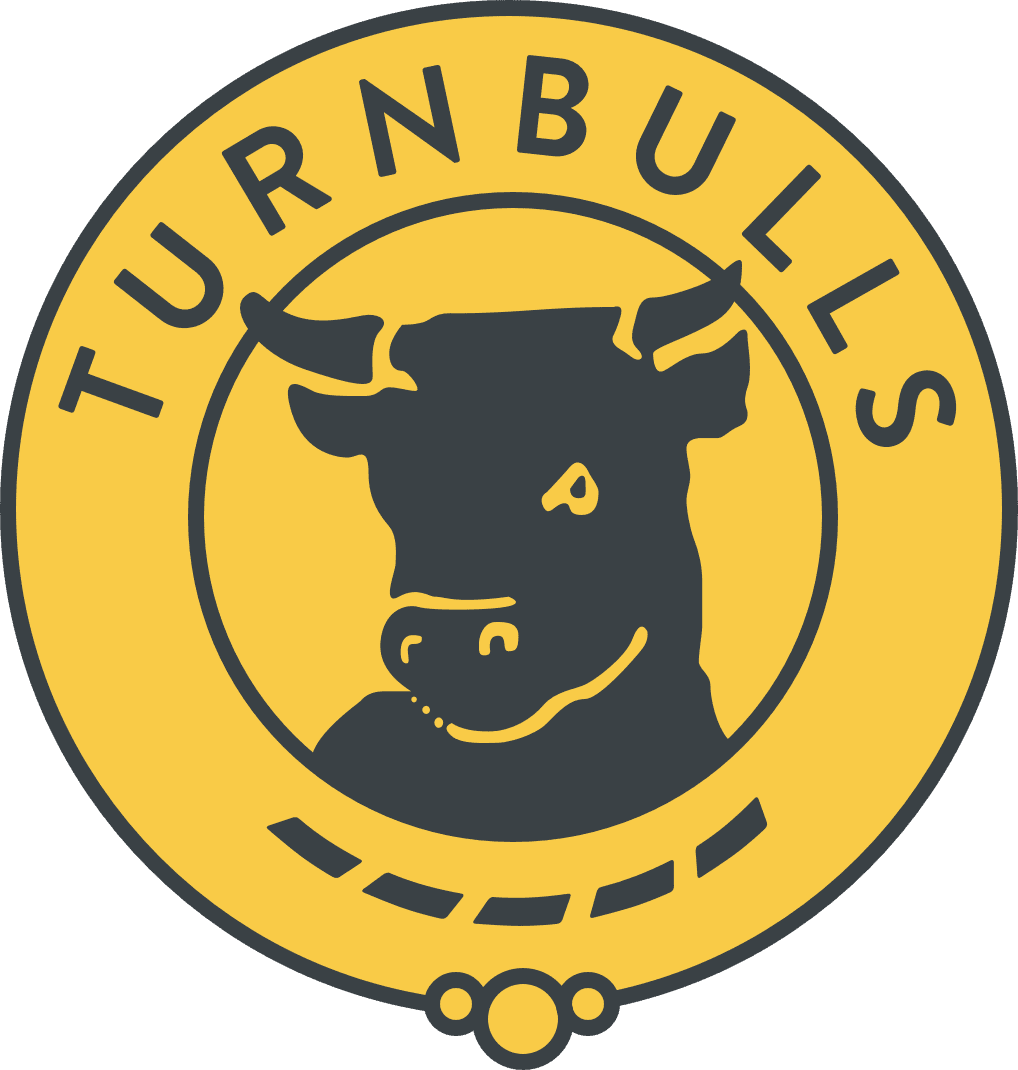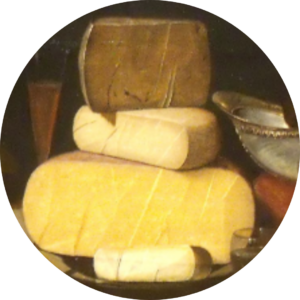Wine and cheese are an absolute shoe in a dinner table. But is selling cheese in a wine shop just as good a match? I say absolutely yes.
One of the biggest challenges with independent shops is that the customer has expectations well before she walks through your door. This makes diversification much harder than it sounds. Customers are people of habits. She knows what she wants and she’s gonna come in, get it, and leave.
But cheese and wine are in the same zone. They’re both consumed at the same time, the customer’s in the right mood, and In their heads they have already signed up for something a little bit special. So selling a bit of cheese from your counter is something you’ve got to do.
Why will you be good at selling cheese?
You already do it right for selling wine. You just need to parallel up you knowledge.
You are selling wine by
- Leveraging Knowledge: Using your expertise to educate customers and enhance their experience.
- Focusing on Premium Products: Offering high-quality, artisan wines that taste noticeably better.
- Small Volumes: You emphasize unique, small-batch offerings that larger retailers may overlook.
These are all transferable skills into the cheese trade.
Why sell cheese in your wine shop?
To thrive in the cheese business, it’s crucial to focus on key targets to inform you purchasing and home in on your target customers:
- bigger basket spends
- more frequent customers
- new clientele
- spontaneous purchases
Types of Cheese
Cheese can be used in various ways, appealing to different consumer needs:
- Special occasions: these are where the quality and price premium is, and artisan cheeses fit in:
- Cheeseboards
- Special treats
- Gifting.
- Every day: these are price sensitive purchases and attract customer who are price and time sensitive
- Lunches
- Snacks
- Families
- Salads and recipes
Stay out of the Every day space – you will be crushed by supermarkets.
What is Artisan Cheese?
You want to sell artisan cheese because you sell artisan wine. You know what makes artisan wine, so what should you look for in cheese?
- Volumes: Artisan cheeses are often produced in smaller quantities, focusing on quality over mass production. Artisan cheesemakers are almost always ruining at less than 200 tonnes per annum (compare this to larger producers ate 50,000 tonnes).
- Complexity: These cheeses showcase a range of flavors and textures, influenced by the ingredients and methods used in their creation. The more taste heavy (sweet, salty, savoury, bitter, sour) the more volume, the flavour heavy (fruit, floral, vegetal, farm, pastural) the more artisan.
- Naming of Cheese: Many European artisan cheeses are designated with geographical indications (GI) such as PDO labels, ensuring authenticity. These aren’t a shoe in for artisan, but it s good tell. However many British and American cheeses have gone branded, which makes it more difficult to tell
- Bad branding and ugly cheese. The worse the branding (if any at all) the more likely to be artisan. If the cheesemaker doesn’t has a marketing department or a press officer, she’s artisan.
- Award winning. The big boys do win awards, but its rare, so awards are a good place to start.
- Local and regional products. Volume producer go national and international.
Economics and Practicalities
Understanding the financial aspects of selling cheese is crucial:
- Margins: Expect 40-50% for pre-packaged cheeses and 50-60% for cut-and-serve options.
- Range Management: Select products that suit your throughput and customer preferences.
- Ordering: Regular weekly orders can help maintain stock levels.
Risks in the Cheese Business
There are risks to consider:
- Wastage: Factor this into your margins to avoid losses.
- Labor Costs: Additional staffing may be necessary to handle cheese sales.
- Customer Expectations: Remember, customers may not always come in specifically for cheese.
What Would I Do?
To elevate your cheese business, consider these steps:
- Get Trained: Invest in cheese education to enhance your offerings.
- Engage Customers: Ask them which wines they prefer with different cheeses to create tailored experiences.
The Entry-Level Option
For those starting out, consider a fridge with Pre-Packaged Cheese and Charcuterie: A simple way to offer quality products.
Embarking on the cheese journey can be both rewarding and profitable. With the right knowledge, products, and strategies, you can create a thriving cheese business that delights customers and elevates their culinary experiences!
If you want to talk about it some more give me a shout.



